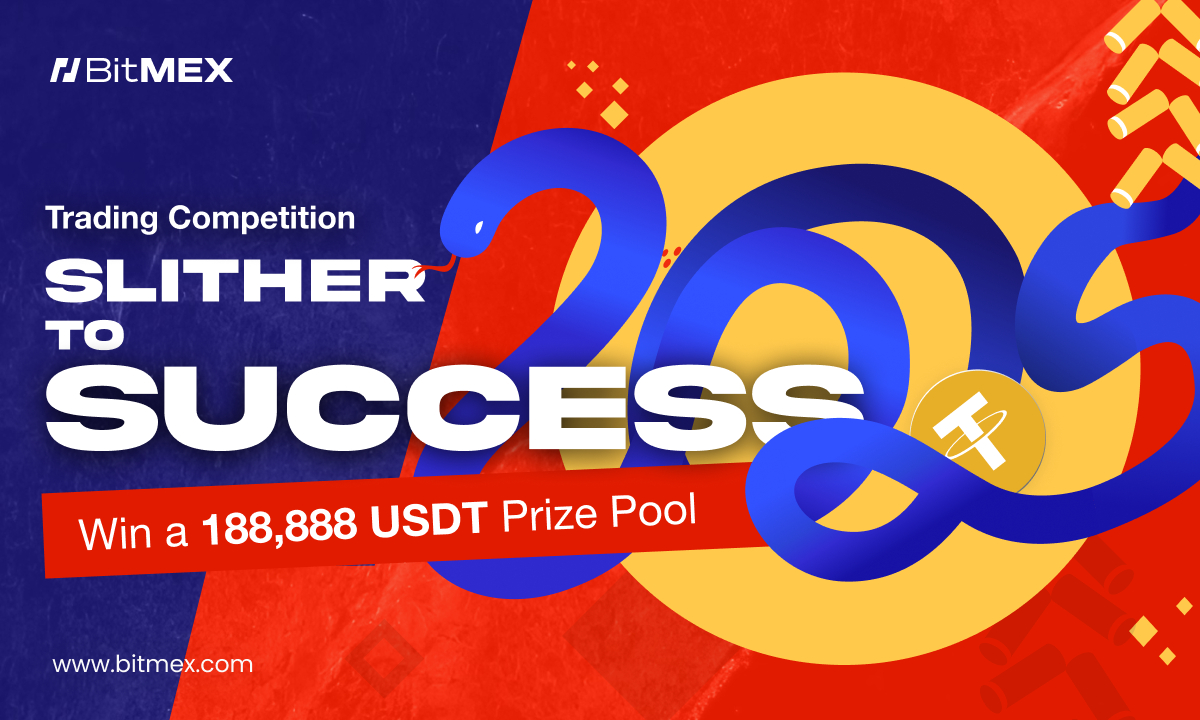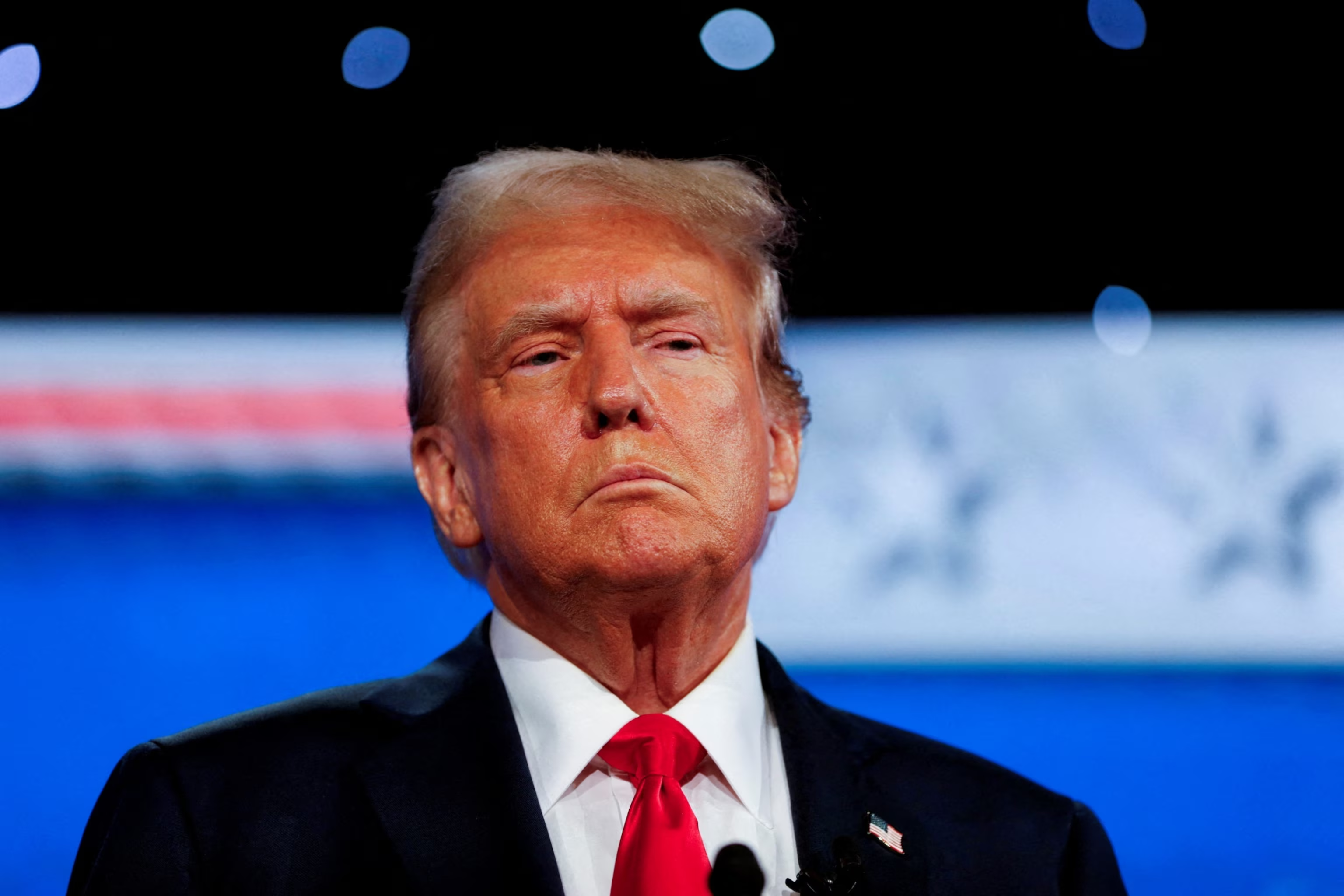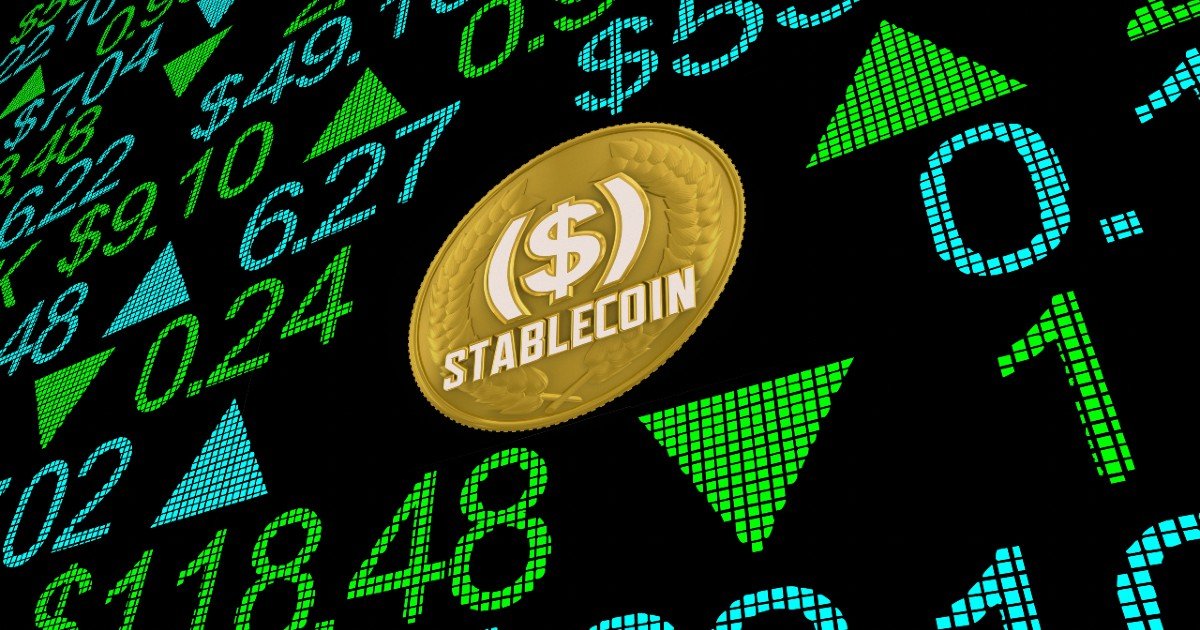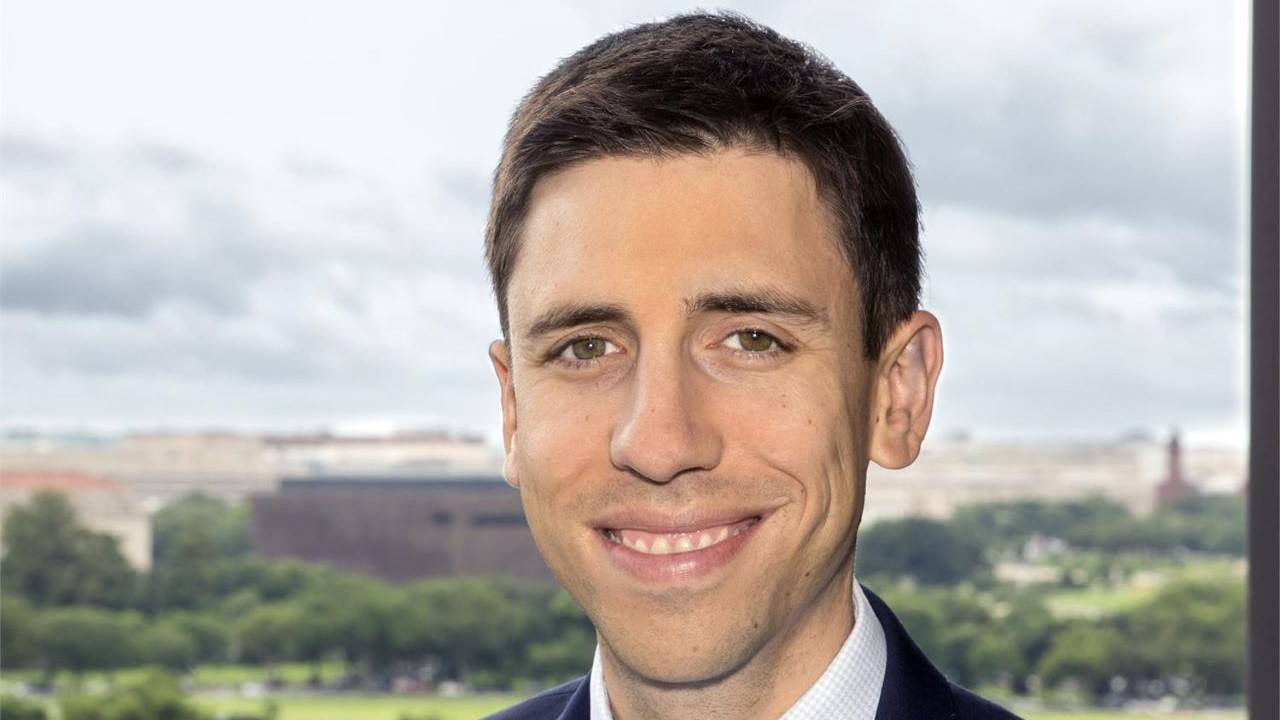The Cardano Foundation has been approached by several US states interested in developing a blockchain-based voting system. This information came to light during a recent interview with Frederik Gregaard, CEO of the Cardano Foundation, conducted by DailyCoin.
US States Consider Cardano For Election Security
Gregaard confirmed the engagement, highlighting the growing interest of governmental bodies in leveraging blockchain to enhance electoral processes. The interest from these states focuses on creating a “lightweight” blockchain solution aimed at increasing transparency and accountability in voting systems.
While Gregaard expressed enthusiasm about the inquiries, he also noted the challenges involved, particularly regarding the timeframe requested by the states for implementing such a solution.
Gregaard stated, “We have been approached by a couple of states in the US, saying, ‘hey can you help us to do a light-weight blockchain solution to make it more transparent and accountable how we are voting?’. I still have to look at it if we can make this happen in the time frame they’re looking at.”
US States 🇺🇸 have approached the Cardano Foundation for help with voting on the blockchain. @F_Gregaard @Cardano_CF @AltcoinDailyio #Cardano $ADA https://t.co/yQizvBqOM0 pic.twitter.com/87OTP15MFT
— St₳kΣ with Pride 🌈 (@StakeWithPride) March 28, 2024
Notably, Gregaard’s mention of these developments did not come with extensive details on the discussions or the specific requirements of the states. This lack of detail makes it difficult to assess the feasibility of deploying such a system in the near future.
However, the Cardano Foundation’s existing experience with the Catalyst voting system—where ADA holders participate in project proposals and decisions—provides a solid foundation for exploring larger-scale applications in governmental voting processes.
This system has facilitated numerous funding rounds, contributing to the ecosystem’s growth and demonstrating the potential for blockchain in facilitating transparent and inclusive voting mechanisms. However, applying blockchain technology to state elections introduces complexities beyond those encountered in Catalyst, especially concerning voter identity verification.
The Cardano Foundation is in the process of developing a solution that includes a decentralized identity (DID), but this system is not yet complete. Successfully adapting blockchain for state-wide elections will require addressing these and other challenges to ensure a system that is secure, reliable, and capable of handling the scale of public elections.
Nevertheless, the potential benefits of blockchain voting are significant, promising greater security, reliability, and transparency than traditional postal voting systems, which are vulnerable to fraud and errors. Blockchain could assure voters that their votes are accurately counted, reduce the risk of lost votes, enhance voter anonymity, and protect against manipulation.
Overall, the specifics of the discussions between the Cardano Foundation and the interested US states remain undisclosed, including which states have approached the foundation. It is also questionable if other blockchain projects like Ethereum or Solana have been approached by the unknown US states.
At press time, ADA traded at $0.59.
Featured image from Element5 Digital / Unsplash, chart from TradingView.com
Credit: Source link























